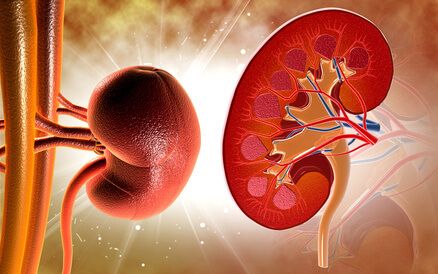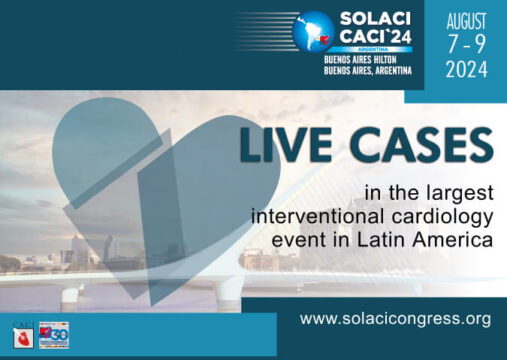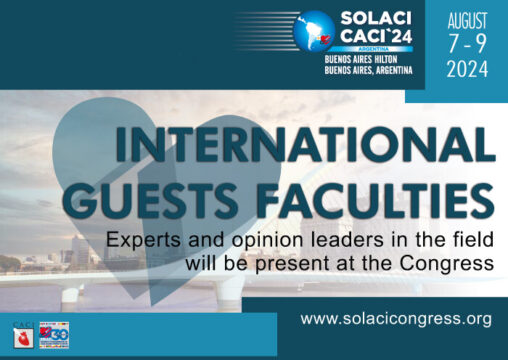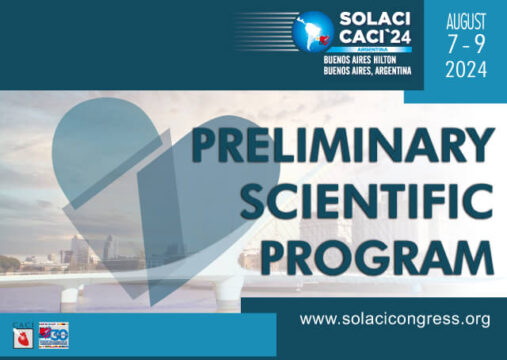The cessation of dual antiplatelet treatment increased the risk of post coronary intervention adverse events. It is unclear whether the risk varies through time or if it depends on the reason for the interruption or both.
The PARIS (patterns of non-adherence to anti-platelet regimens in stented patients) register is a prospective, observational study in patients who received coronary angioplasty between 2009 and 2010. The prespecified categories for the interruption of dual antiplatelet treatment were: medical advice, brief interruption (for surgical procedure) resuming within 14 days, and interruption (due to bleeding or lack of adherence). Included in the register were 5031 patients who underwent angioplasty in which the general incidence of treatment interruption at 2 years was 57.3%. Interruption on medical advice was 40.8%, temporary interruption 10.5% and interruption due to adverse effects or lack of adherence was 14.4%.
The general incidence of adverse effects was 11.5%, the majority (74%) occurring while patients were on the dual scheme. Compared with patients who were on dual antiplatelet treatment, the risk of events from temporary interruption was 1.4 (p=0.1) and interruption due to adverse effects or lack of adherence, 1.5 (p=0.004). Within 7, 8 and 30 days and beyond 30 days the adjusted rates were 7.04 (3.31 – 14.95), 2.17 (0.97 – 4.88) and 1.3 (0.97 – 1.76) respectively.
Conclusion:
Interruption of dual antiplatelet treatment is safe when medically indicated and when it must be temporarily suspended for a procedure. However, when the interruption is due to bleeding the relative risk of events is 50% higher and produced primarily in the first 7 days.
Roxana Mehran
2013-09-02
Original title: Cessation of dual antiplatelet treatment and cardiac events after percutaneous coronary intervention (PARIS): 2 year results from a prospective observational study.





